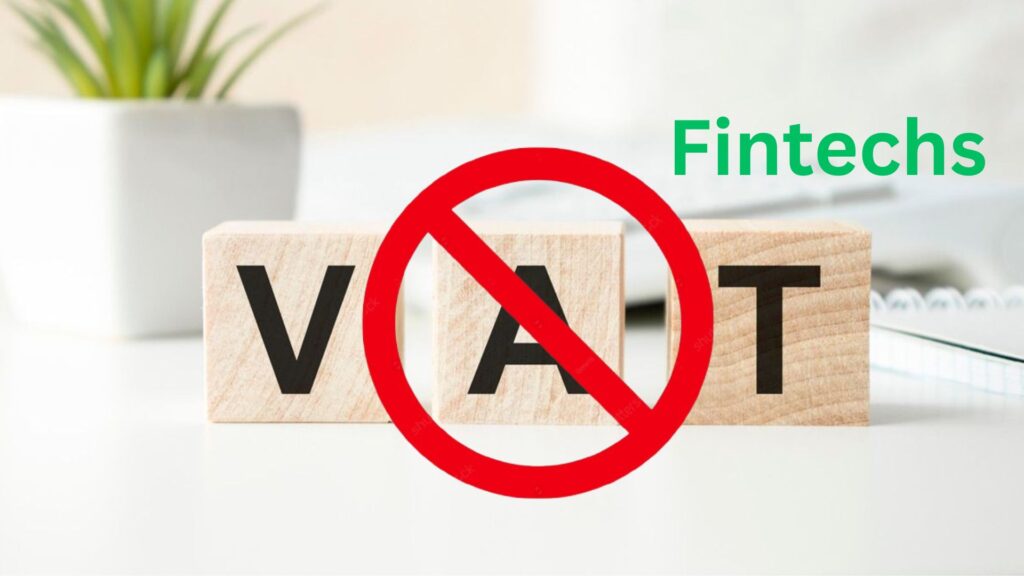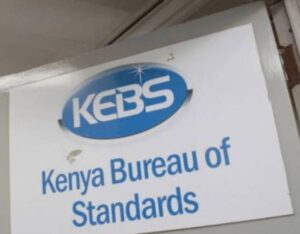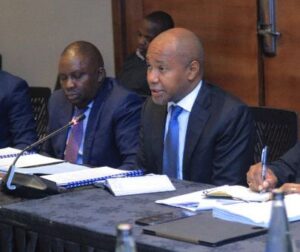
The High Court has ruled that fintech companies offering payment services are exempted from value-added tax (VAT), overturning an earlier Tax Appeals Tribunal decision in a case involving payments startup Pesapal and the Kenya Revenue Authority (KRA).
Justice Rhoda Rutto held that digital payment providers perform functions quivalent to banks dealing a major setback to the taxman. The court overturned a previous ruling that had allowed KRA to pursue a Sh76.8 million VAT claim against Pesapal.
In the landmark decision delivered on August 27, the court affirmed that firms licensed as Payment Service Providers (PSPs) under Kenyan law are entitled to the same VAT exemptions as commercial banks.
The judgment sets a guideline by classifying licensed fintech operators as providers of essential financial services rather than mere technology firms. This move could shield the sector from heavy tax obligations and align it with traditional financial institutions, including banks and mobile money providers.
“The VAT Act does not restrict exemption based on technology used, nor does it limit it to institutions registered under the Banking Act,” noted Justice Rutto.
ALSO READ: Why Banks Might Lend More to Private Sector
She further stated that Pesapal’s operations such as facilitating merchant transactions, processing funds, holding balances and executing payment instructions mirror those of conventional financial institutions, only in a digital environment.
Kenya’s VAT Act exempts financial services, including those offered by payment providers licensed under the National Payment System Act (NPSA). However, KRA argued that smaller fintech firms did not qualify for this exemption. The recent ruling overturned this position, clarifying that the exemption applies based on the nature of the service rather than the size or type of provider.
KRA told the court that Pesapal’s licence only permitted it to operate a payment system, not to provide financial services. The tax agency insisted that VAT exemption should strictly apply to institutions offering specific services clearly listed in the VAT Act.
According to KRA, despite being licensed by the Central Bank of Kenya under the NPSA, Pesapal functions primarily as a technological facilitator connecting to banking and mobile money systems rather than delivering financial services eligible for exemption.
Justice Rhoda Rutto disagreed, ruling that the Act’s language “clearly intends to cover a broad range of monetary transactions, particularly those that enable the transfer of funds.”




